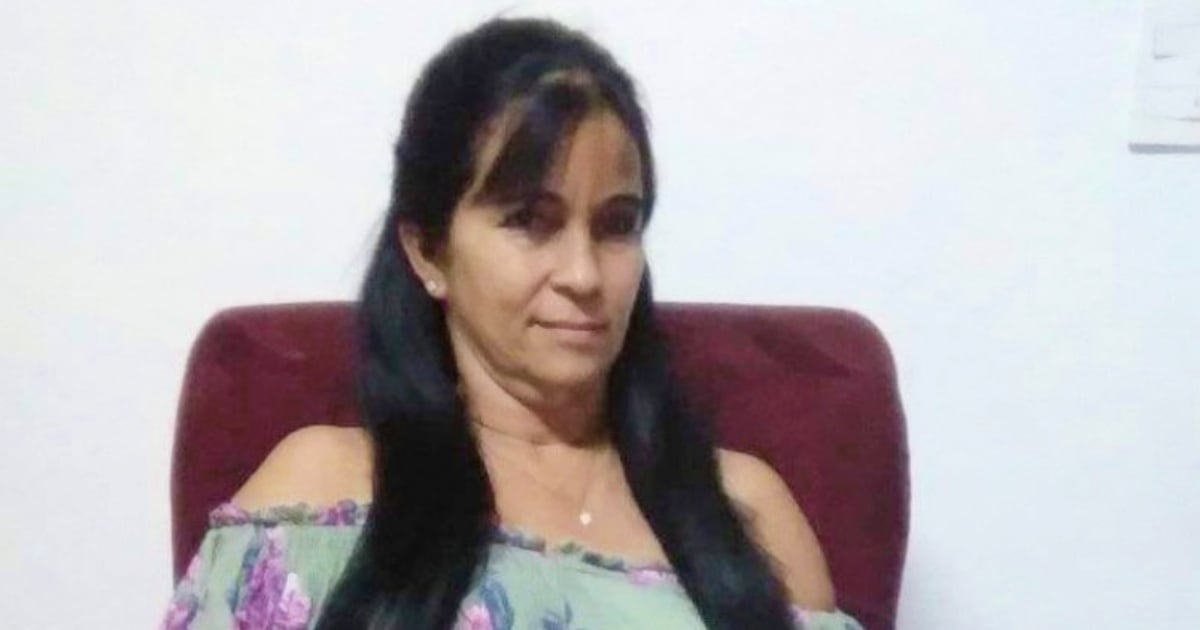A Cuban mother of two, exhibiting symptoms of dengue fever, tragically passed away in Havana after failing to receive proper medical care, as reported by a close acquaintance on Facebook. “I write with evidence that she was taken twice by neighbors to the nearest clinic, still vomiting blood, feverish, unable to eat, and suffering severe headaches. They sent her home, claiming there were no medications,” posted Raysa Juan Delgado on the social network.
Upon returning home, the woman—identified as Days María Jiménez—lost her balance, fell, and hit her head, further complicating her medical condition. According to the account, she was taken again to La Benéfica Hospital (Miguel Enríquez), but “there were no nurses or doctors available to attend to her, and by the time a neighbor got in, she was already dead.” The autopsy reportedly listed a head injury as the cause of death.
“I fully understand the shortage of medicines, but not the lack of empathy, which cannot be bought or obtained from anywhere, yet it also heals. In medicine, a second is crucial to save a life,” lamented the complainant. She added that even after her death, legal medical staff were nowhere to be found. The plan was to cremate her at noon, yet by 6:30 p.m., there was neither transportation nor any update.
Systemic Health Care Failures
With bitterness, the complainant recalled that it wasn’t the first time enduring such a tragedy. “Who pays for this life and that of my niece, who also died of dengue under the same circumstances?” she questioned, pointing to systemic negligence and a health system in severe crisis.
Despite the criticisms, she acknowledged that numerous Cuban doctors strive to fulfill their duty, working with the scarce resources available. "I know many doctors who are deeply committed to their profession and have a genuine love for it, because without love for what you do, nothing turns out right. They have worked wonders with the little they have to save lives,” she remarked.
The message ended with a poignant reminder that healthcare professionals should empathize with patients, as they might one day find themselves in similar situations. As of the article's publication, no additional details were available about the case, which highlights not only the ongoing crisis in Cuba's healthcare system but also the severity of the dengue epidemic ravaging the country.
Dengue Crisis and Government Response
This Wednesday, Francisco Durán García, the national director of Epidemiology at MINSAP, stated that dengue and Oropouche fever continue to plague the Cuban population due to the high presence of mosquitoes and gnats. Durán García noted that at least 17,000 patients are hospitalized with dengue in Cuba, though the majority remain at home.
The expert mentioned that numerous Cubans are also in intensive care units due to the disease, although he did not provide exact figures. According to the most recent television report, broadcast on October 16, dengue is present in 14 provinces of the island, while Oropouche is affecting all 15 provinces.
Last week, Durán had already reported that dengue and Oropouche fever remained unresolved on the island, summarizing the situation as “the same old story.” Updating on the island’s epidemiological situation, the expert pointed out that both arboviruses are active in a country where trash floods the streets and there are no resources to fumigate against mosquitoes.
This dire situation is compounded by a shortage of medical supplies and resources of all kinds in the country, often leading to accusations of negligence or medical neglect, as highlighted in this case.
